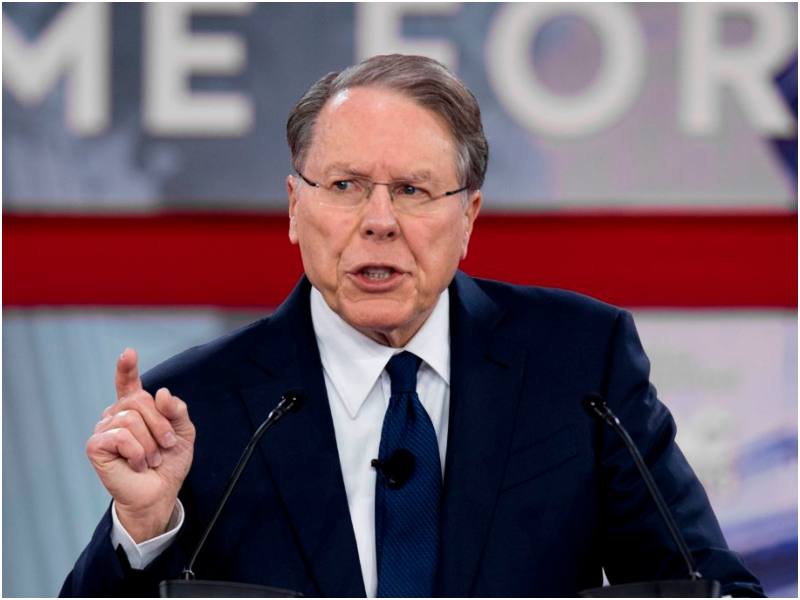A New York State Supreme Court judge has temporarily barred Wayne LaPierre, former CEO and executive vice president of the National Rifle Association (NRA), from returning to any leadership role within the organization.
The decision, handed down by Judge Joel Cohen, follows a jury’s finding of civil corruption within the NRA, implicating LaPierre and other executives.
The case, spearheaded by New York Attorney General Letitia James, centered on allegations that LaPierre, 74, misappropriated millions of dollars from the NRA, using the funds for personal luxury rather than fulfilling the organization’s charitable mission.
In response, James sought to permanently bar LaPierre from the NRA and to appoint an independent monitor to oversee the organization’s finances for three years.
However, Judge Cohen opted for a 10-year ban on LaPierre’s involvement with the NRA or its affiliates and declined the request for an independent monitor.
In a statement, Attorney General James expressed her satisfaction with the court’s decision to enforce accountability within the NRA.
“As a result of this case, Wayne LaPierre will be banned from the NRA for 10 years for spearheading this fraud, and the court called for additional proposed reforms to the NRA,” James stated. “After years of corruption, the NRA and its senior leaders are finally being held accountable.”
The jury found that LaPierre violated his fiduciary duties, causing $5.4 million in monetary harm to the NRA. While LaPierre has repaid at least $1 million, the court’s ruling underscores the severity of his actions.
In addition to LaPierre, the jury implicated John Frazer, the NRA’s corporate secretary and former general counsel, and Wilson “Woody” Phillips, the former treasurer and chief financial officer, in failing to uphold their responsibilities.
Phillips, now retired, has been prohibited from holding any fiduciary positions with New York nonprofits for 10 years and must pay $2 million in damages. Frazer, however, was found not to have caused monetary harm and faces no further restrictions.
LaPierre’s attorney, P. Kent Correll, argued that his client had retired and had no intention of returning to the NRA but conveyed LaPierre’s desire to retain his right to free association and speech.
The NRA, meanwhile, maintained that it has since implemented significant reforms, including appointing new leadership and ensuring greater accountability.
The NRA, founded in New York in 1871 as a nonprofit charitable corporation, has seen a drastic decline in membership dues and contributions, dropping from approximately $170 million in 2018 to nearly $62 million in 2023.
The organization’s assets are legally required to be used to benefit its members and further its charitable goals, a responsibility that has come under scrutiny in recent years.

